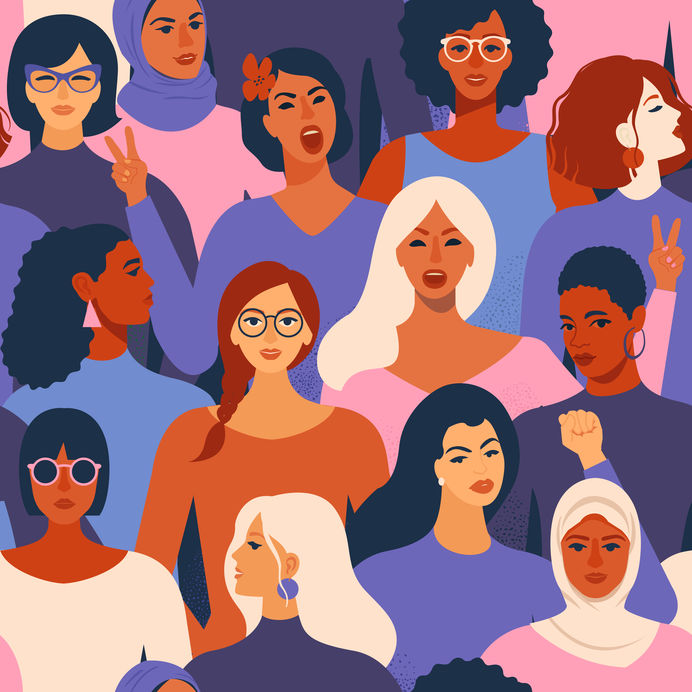As Beyoncé asked, “Who run the world?” If the unofficial preliminary results from this past Tuesday’s primaries hold, women will comprise the majority of the City Council come January.
The Board of Elections unofficial tally has 28 women coming to the council, including 25 who are women of color. As currently constructed, just 14 women occupy the 51-seat City Council; nine of those seats are up for grabs with no incumbent in the primaries.
“Nothing is known until ranked-choice voting is completely done and all the results are in but we are very encouraged by that number,” said Yvette Buckner, vice-chair of 21 in ‘21, a grassroots organization formed after the 2017 citywide elections with the goal of seeing at least 21 women in the council after the recent primary.
“It means that we’ve done our work of prioritizing the fact that women need to be at the table,” she added.
There was some variance to the possibility of where the number of women in City Council could have landed.
With 35 seats up for grabs this cycle, only five women held seats as incumbents, but on the other hand, women both in the city and as registered Democrats are a majority.
Buckner noted there are about 40 committees/subcommittees in the council, and in the past with such a small amount of women representation, their voice in all of those committees was spread very thin.
The growth of women empowerment in city government has been slow but steady. Two of the last three City Council Speakers are women — Christine Quinn and Melissa Mark-Viverito — as is current Council Majority Leader Laurie Cumbo.
Additionally, while Brooklyn Borough President Eric Adams currently leads the unofficial Democratic primary for mayor, two women — civil rights attorney Maya Wiley and former Sanitation Commissioner Kathryn Garcia — still have a plausible chance of winning the race through ranked-choice vote counts.
If either Wiley or Garcia pull it off and win the Democratic primary and the November general election, they would become the first female mayor in New York City’s more than 400-year history.
The last time Democrats nominated a woman as their mayoral nominee was in 1997, when then-Manhattan Borough President Ruth Messenger lost to incumbent Republican Rudy Giuliani. The most recent female mayoral nominee for a major political party was then-Assemblywoman and current Congresswoman Nicole Malliotakis; the Staten Island Republican lost her bid to unseat incumbent Mayor Bill de Blasio in 2017.
But the influx of women into the City Council is a huge win for coalitions, candidates, and voters alike who have fought to get fair representation for women in government.
“This isn’t my win, this is the victory of a long-standing movement to lift up and organize a Queens and North Brooklyn coalition that looks like, and represents the people of the districts,” said Jennifer Gutierrez, who won the District 34 seat covering Williamsburg and Bushwick in Brooklyn and Ridgewood in Queens with nearly 80 percent of the vote.
Or, as Buckner tweeted, “Can’t wait for final results and the chance to make HERstory and have the diversity, richness and representation that looks more and more like our City! I’m cautiously optimistic and super excited!”
With reporting by Robert Pozarycki








